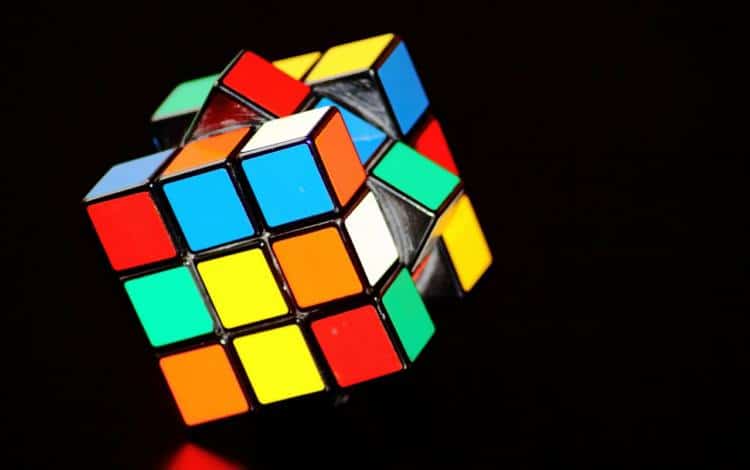
Everyone knows that physical exercise is good for your health. Moreover, specialists recommend daily physical activities, especially if you’re no longer in your twenties.
But what about the brain?
After all, the sophisticated machine that lives in our skulls is the main driver (and creator) of our thoughts, beliefs, and motivations. So, how come we don’t put as much care into training our brains as we put into getting that six-pack?
Browse our online courses on meditation, positive thinking, overcoming procrastination, confidence, and freedom from distractions.
According to Harvard-trained researchers and health specialists, the brain also needs training to grow and improve.
Our brain has the ability to create new connections and grow, but only if we challenge it with new and complex activities. Also, through training, the mind becomes sharper and more reliable as we grow old, and the risk of neurodegenerative diseases such as Alzheimer’s or dementia gets lower.
Luckily, brain training is not always about solving problems or learning new and complex activities. Creative activities such as painting, writing, or learning a language are just as efficient.
Additionally, if you want to improve focus and logical thinking and have fun at the same time, you may want to try puzzle games – both in online and offline formats.
The offer is incredibly varied, and you can choose designs for the entire family or puzzles to enjoy alone (crossword puzzles, Sudoku, or a plain old brain teaser)
How Puzzle Games Improve Focus & Potential
Puzzles are not just fun and challenging, they are also incredibly useful for a lot of brain-related activities.
Engage Areas from Both Hemispheres
Science tells us that the two hemispheres of the brain have different functions. The left part houses the areas used for logical and analytical thinking, while the right part is all about creativity and communication.
Now, a puzzle game with a visual component has the potential of engaging both hemispheres, putting your brain at work big time.
On the one side, you’ll try to find the logic behind the puzzle, and on the other side, you will try to put together the visuals and find patterns based on color and arrangement.
Let’s take printable word searches as an example. These are puzzles that hide words in plain sight and ask the player to find all the words based on specific patterns. By playing, you have the chance to improve visual acuity and pattern recognition skills.
Better Focus & Memory
In the age of smartphones and social media, the brain is stimulated wherever you look (through ads, content, promotional messages, and more). As a result, our attention span is shorter with each generation and it’s not uncommon to find yourself distracted while working or performing other tasks.
By playing puzzles, you refresh the neuronal connections responsive with short-term memory and train your ability to focus on one task at a time (multitasking is not real, it’s just the modern way of making sure you stay distracted).
Quick tip: If you want to improve work productivity, here are a few more useful tips on how to improve focus.
Better Problem-Solving
Puzzles also teach us about taking different approaches, changing our point of view, and finding new patterns, and how to work by trial and error (see what works).
Puzzle games such as Sudoku, chess, or even the Rubik’s Cube are amazing at improving critical thinking and theory formulating and testing.
Higher IQ Score
Puzzles and brain teasers help improve memory and focus, visual acuity and spatial reasoning, and help you stay focused on the task at hand.
All these are factors that influence IQ score results, so you can get smarter (at least in IQ terms) by playing puzzle games.
In summary, puzzles are a fun and efficient brain workout, as long as you keep enjoying them. Just like the body, the brain needs constant exercise to stay sharp.

